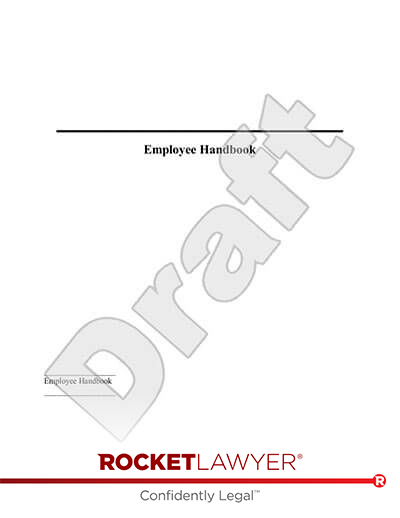What policies result in high turnover?
As one might expect, most employees quit because of low salaries, insufficient raises, or a lack of opportunities for advancement. When employees feel that their contributions to the business are not valued or recognized, and the pay is not competitive, retention can be a real problem.
Challenging work and opportunities for personal and professional growth may be reasons that employees stay in a position. Pay and benefits, however, must also meet or exceed expectations, or employees may move on.
In most cases, it may be the absence of policies that leads to high employee turnover. For example, policies that provide for annual merit raises or other performance rewards goes a long way in retaining talent. If you do not have policies in place to evaluate and reward top performing employees, you may be overlooking an important tool for showing employees they are appreciated and valued.
Employees also have expectations that must be met. If you provide a job description before their hire, but their actual work is completely different, that can be a problem for many employees. In fact, this inconsistency is a major factor for many of the best employees who may be self-motivated to do a certain job, or have special skills or knowledge they enjoy utilizing.
What are the consequences of high employee turnover?
Hiring and training new employees is costly and can be rather difficult when short-staffed. Not only do you have to pay the new hires during training, you have to pay the trainers and potentially additional staff to keep your business running while the training is ongoing.
Apart from the real cost of hiring and training new talent, there are other losses that result from high turnover which are harder to measure. Employee morale may be negatively affected. In addition, customers or clients may get substandard service from a new employee or be upset by longer than usual waiting times. When customers are unhappy with service, they may not return.
These losses not only impact your bottom line, they can hurt your reputation and stunt your business's growth and success for years to come.
How can a business lower employee turnover?
The best way to address turnover is to conduct exit interviews and analyze the responses. Asking outgoing employees why they are leaving can provide useful insights. The longer you track turnover, the more it can help you discover what needs to be corrected or improved.
Some other ideas to help with improving employee turnover rates:
- Conduct regular salary and benefits surveys on your competition.
- Review each position's tasks to be sure they match the job description.
- Provide opportunities for employees interested in growth and advancement.
- Establish an Employee Bonus or Equity Incentive Plan to increase productivity and engagement.
- Add flexibility, like offering Work from Home Agreements or flexible hours.
Employers may also want to examine their company culture and values. Having an inclusive welcoming environment or a mission driven organization can often be the most important reasons why your best people stay.
How can an employer ensure business property is returned and protected when employees quit?
Some employers give employees equipment to perform their jobs, such as phones, computers, or even vehicles. Confidential business information might also be shared. Of course, employers want confidential information to remain that way and equipment to be returned when employees end their employment.
Employers need to explain how property should be returned before handing over anything sensitive or valuable. You might include this in your Employee Handbook or Employment Contract. Employers might consider locking smartphones and computers remotely if the equipment is not immediately returned. This will protect the information that may be on there and render the devices unusable.
Legal action may be required, however, if the property is not returned and you want to do something about it. Labor laws are complicated. Consider asking a lawyer before you dock an employee's last paycheck for unreturned property because doing so may violate labor laws.
What happens with unemployment insurance when employee turnover is high?
Unemployment is paid through insurance, so when employee turnover increases, an employer's unemployment insurance premium may rise as well.
In most situations, however, if an employee quits their job without good cause, they will not receive unemployment benefits. Unemployment benefits are supposed to be reserved for employees who lose their job through no fault of their own. If the position was eliminated or the employee was laid off or terminated in order to hire someone else to do their job, unemployment benefits will likely be awarded.
Can employers recoup training costs from employees who quit after receiving training?
When employee turnover is high, employers may be hesitant to invest in training new employees. Recouping costs for on-the-job type training is unlikely. In some cases, however, it may be possible to recoup training costs if an employee quits after being trained.
If you want to be reimbursed for training expenses if an employee quits shortly after being trained, you might consider having a separate agreement with your employee covering the cost of training and repayment terms. To ensure the agreement is reasonable and does not violate state and federal laws, you should consult with a lawyer. These agreements can be complicated. Many states require that these types of agreements have very precise language to be enforceable.
If you're experiencing high turnover, talk to a Rocket Lawyer On Call® attorney to help review your business's policies and practices.
Please note: This page offers general legal information, not but not legal advice tailored for your specific legal situation. Rocket Lawyer Incorporated isn't a law firm or a substitute for one. For further information on this topic, you can Ask a Legal Pro.
